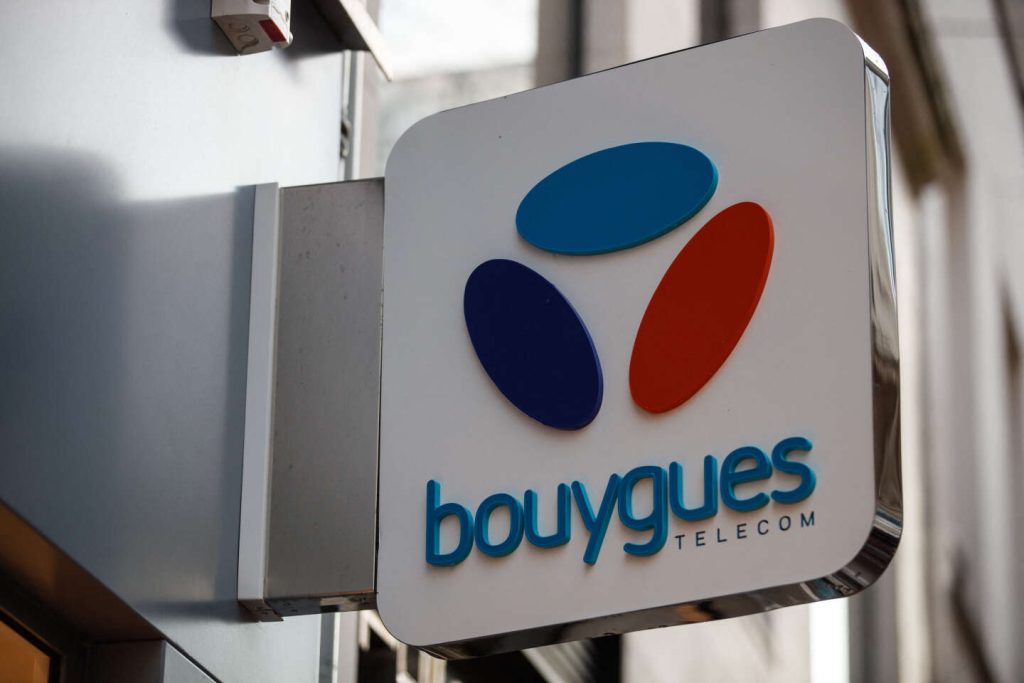The recent decision by the administrative court in Poitiers, France, to reject Bouygues Telecom’s request to be exempted from the flat-rate tax on network companies (IFER) imposed on its mobile phone antennas has been seen as a setback for telecom operators. The tax was introduced in 2010 to compensate local governments for the loss of revenue caused by the replacement of the business tax with the territorial economic contribution (CET). While operators acknowledge the need for such compensation, they argue that the amounts paid far exceed the intended compensatory goal. The telecom industry has paid over 2.5 billion euros in IFER since 2010, and the costs continue to rise as new mobile phone antennas are installed.
The French Telecommunications Federation (FFT), which represents major telecom operators in France, has raised concerns about the high level of taxation on the industry at a time when the European Commission emphasizes the importance of high-speed networks for the future of the Union. The IFER tax applies to network companies in various sectors, including energy, railways, and telecoms. While the government maintains the legality of the tax, operators are determined to continue fighting against it. Bouygues Telecom is considering appealing the court’s decision, and other legal avenues, both in France and at the European level, are being considered.
The annual revenue from the IFER tax was initially estimated to be 140 million euros when it was introduced. However, according to the latest figures from the FFT, telecom companies paid 299 million euros in IFER mobile in 2022 and over 2.5 billion euros since 2010. With the tax being applied to each antenna and each technology (2G, 3G, 4G, and 5G), the costs increase as more mobile phone relays are installed. A report by the General Inspectorate of Finance estimated the IFER mobile amount for 2025 to be over 400 million euros. The growing financial burden of the tax is a key concern for telecom operators who argue that it hinders investments in network infrastructure and innovation.
Telecom operators in France are questioning the fairness of the IFER tax and its impact on the industry’s ability to invest in expanding and improving network infrastructure. The tax was initially introduced to offset the loss of revenue for local governments due to changes in the business tax system. However, operators argue that the tax now far exceeds the amounts needed for compensation and adversely affects their ability to invest in new technologies and improve network coverage. The industry continues to advocate for a review of the tax and calls for a more equitable redistribution of costs between companies and local authorities.
Despite the setback in the court decision regarding Bouygues Telecom’s appeal against the IFER tax, telecom operators in France remain committed to challenging the tax and seeking a fairer distribution of financial obligations. The industry faces ongoing regulatory and financial challenges as it strives to meet the increasing demand for high-speed network services and improve coverage in underserved areas. As the debate over the IFER tax continues, operators will continue to push for a more balanced tax system that enables them to invest in innovation and infrastructure while supporting local economic development and digital inclusion initiatives.


